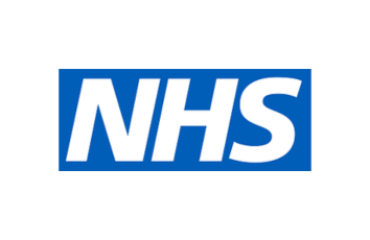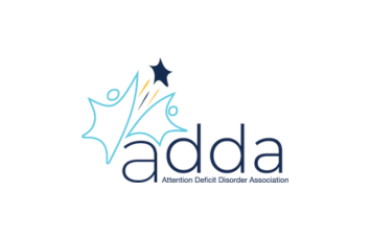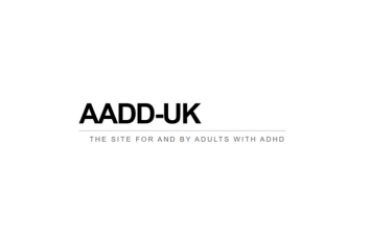ADHD – Attention Deficit Hyperactivity Disorder
What is Attention Deficit Hyperactivity Disorder (ADHD)?
ADHD is a persistent pattern of inattention and/or hyperactivity that interferes with functioning or development.
+ ADHD
- Is a neurodevelopmental condition
- Symptoms are present in childhood and often persist into adulthood
- Can cause significant difficulties in day-to-day functioning
- Is sometimes difficult to diagnose as it can overlap with other issues
- Is a treatable condition, with evidence-based guidelines.
+ Common symptoms seen in adult ADHD
- Concentration difficulties
- Impulsivity
- Distractibility
- Feeling restless in mind and body
- Sleeplessness
- Low self-esteem
- Challenges in managing feelings: anger, irritability, mood swings
- Men and women have often different symptoms.
Getting an assessment for ADHD?
+ Step 1
Read about the condition and then take an adult ADHD screener
+ Step 2
Go to your GP and have an open and honest conversation about why you think you may have ADHD. This can include sharing any of your concerns you may have around your mental health in general.
Following that conversation with your GP they may decide to refer you for an NHS ADHD assessment.
+ Step 3
A specialist assessment with the NHS should include a discussion and completion of check lists with a psychiatrist or an appropriate qualified healthcare professional. You may also be asked about other mental health conditions.
Following your assessment, you will have a discussion about whether you might need a diagnosis of ADHD or other conditions. You will also have a discussion about treatment options including medication, post diagnostic counselling and any other post diagnostic support you may need.
+ Step 4
Receiving a clear diagnosis is the first step in helping yourself. It is important to remember that nothing has changed because of a diagnosis except that you are now empowered with the knowledge of it. We would suggest that you learn more about ADHD and how it affects you personally.
Support and information

Healthline
14 signs and symptoms of adult ADHD. Discover criteria you must meet to receive a diagnosis as an adult.

NHS – ADHD Diagnosis
Diagnosing ADHD in adults is more difficult because there’s some disagreement about whether the list of symptoms used to diagnose children and teenagers also applies to adults. Find out more here.

ADDITUDE Inside the ADHD mind
What is ADHD? ADD vs. ADHD? Learn the science behind this neurological condition, research updates, current statistics regarding diagnosis and treatment of its symptoms, and other essential information for parents, adults, and professionals.

ADHD UK
We provide a number of different peer-to-peer options and bring in experts for informative lectures and Q&A sessions.


